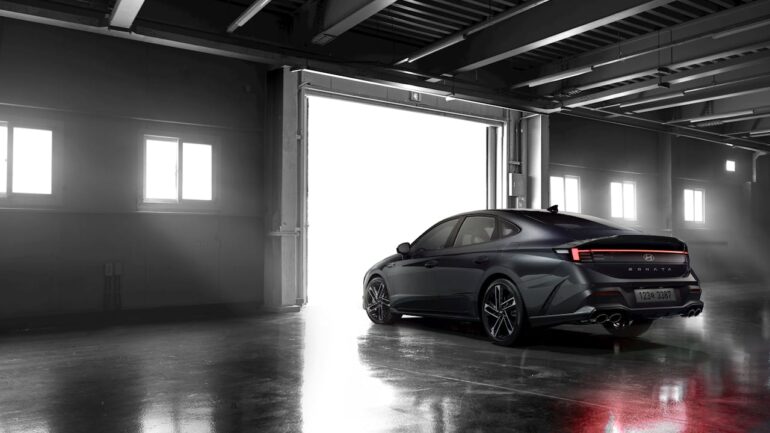If you are considering upgrading the power systems in your business or building, you’ve probably heard about modular electrical houses (e-houses). These buildings are fabricated off-site in a controlled environment. They act as a series of interchangeable devices in a smart system and are ideal for housing switchgear.
Contents
Modular Electrical House
E-houses are modular outdoor enclosures for electrical equipment and can be wheel or skid-mounted, providing a quick and cost-effective alternative to traditional on-site building construction. The prefabricated metal enclosures are fully tested and functional upon delivery. In addition, the modular design allows them to be installed near major loads, reducing the size of power and control cables.
An electrical house is an advanced modular electrical building manufactured to fit a specific project’s needs. These units can accommodate both medium and low-voltage switchgear and automation cabinets. The modular design makes it an excellent choice for high-rise buildings and remote sites. The prefabricated modules are fully tested and include all required equipment, switchgear, lighting, and electrical wiring.
Built Off-Site in a Factory-Controlled Environment
Modular construction is a method of building off-site in a factory-controlled environment. This method uses prefabricated building modules to create structures virtually identical to the finished product. This process produces fewer waste materials and less site disturbance than site-built construction. Additionally, modular houses are easily disassembled, transported, and refurbished if needed.
The off-site construction method is ideal for projects with repetitive components, unique forms, or sustainability needs. It also provides more control over the end product because it is built off-site. Off-site construction factories also provide space for prototyping, quality control, and the ability to integrate complex systems.
Modular construction is also very flexible and can be customized to meet unique needs. It is a good option for companies that want to avoid the hassles of on-site construction. It also provides greater labor, scheduling, and cost efficiency.
Suited to House Switchgear
Modular electrical houses (E-houses) are highly adaptable structures that can house switchgear and auxiliary equipment. They are versatile and feature robust steel construction. In addition to their flexibility, they are easy to install and relocate. They can also be customized and expandable.
Modular electrical houses are suited to housing low and medium-voltage switchgear. They are easily liftable and can even include backdoors for easy access. They can be customized to meet specific requirements and are delivered to the site ready for use. This reduces the time needed for installation and commissioning. The modular design means a modular electrical house can be customized for any application.
Medium-voltage switchgear is also suitable for indoor installation. It is available in different configurations, including vault and exterior padmount installations. It can be operated manually or by a motor. The switchgear may be gas or oil-insulated, which can save space but create an oil spill hazard.
Require Maintenance-Free Wiring
Electrical systems are the backbone of a modular electrical house and a key element of its design. These complex systems are pre-wired and factory-tested before being shipped to the site for installation. This eliminates the need for specialist tools to pull individual wires through conduit. In addition, these systems can be installed by low-skilled operatives with minimal training.





